Transurban braves rough ride to plan recovery
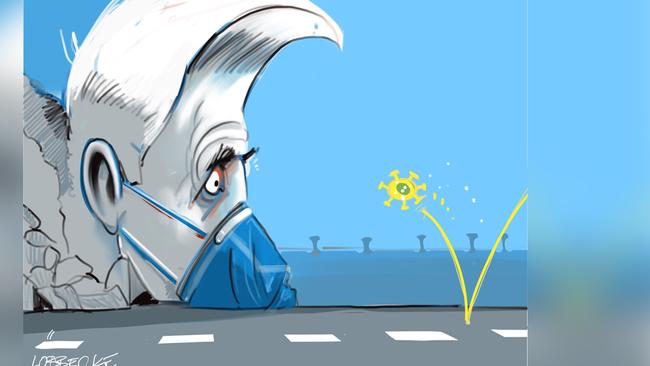
Was that ever really a problem? Why did we build all those toll roads when no one uses them?
Even Scott Charlton, chief executive of toll-road operator Transurban, feels like he’s operating in a parallel universe where time is counted in dog years.
At some point, however, the coronavirus pandemic will subside, traffic jams will magically reappear, and a few drivers — just for the hell of it — might take a spin down Charlton’s congestion-busting express lanes.
That’s why Transurban has started work on its recovery plan, before the crisis has even peaked in Australia.
The plan asks a simple question: what will recovery look like, given that markets like China, which are more advanced in the rebound phase, are gradually starting to lift their strict lockdowns?
While overall traffic levels in major Chinese cities remain below normal, a recovery is under way, with week-on-week data showing progressive increases since February 10.
Highway traffic has rebounded faster than public transport, suggesting that social distancing is encouraging more people to commute using their cars.
Traffic in other countries feeling the full impact of the pandemic, such as Italy, France and Germany, is still falling, with the duration of the disruption unclear. Transurban, of course, is far from immune; in fact, its traffic volumes in Victoria, NSW, Queensland, Montreal and Washington have fallen off a cliff, down 36 per cent across the group in the fourth week of March and an eye-watering 65 per cent in North America.
The decline in its home state of Victoria was an unpleasant 43 per cent.
In the first few days of this week the news was no better, as harsher lockdown measures were adopted in the nation’s key capital cities.
On the upside, commercial traffic is proving to be much more resilient, with large vehicles growing as a proportion of revenue from 25 per cent in the first week of March to 37 per cent in the final week, as demand for food and delivered goods increased.
Against that, the group’s express lanes, which produced 11 per cent of first-half revenue, are doing it tough because of the clutter-free runs on adjacent, general purpose lanes.
Transurban itself has had a rough ride in recent weeks, as has the entire equities market.
With its performance closely correlated to activity levels in the economy, the stock plunged to a low of $10.04 on March 19 from its recent peak of $16.34 a month before.
It firmed 21c, or 1.7 per cent, on Wednesday to $12.25, as the overall market gained 3.6 per cent.
Skittish investors will be heartened by Charlton’s assessment that, unlike the financial crisis, credit markets remain open and Transurban has ample liquidity to ride out the volatility.
Last month, the group raised $815m of non-recourse debt in the Asian market, as well as $1.3bn in new working capital facilities.
While the funding was put in place for a heavy schedule of construction work, Charlton said the money was available for general corporate purposes; in other words, almost everything.
All-up, Transurban has access to $2.9bn in undrawn debt, including the recent working capital facility. It can meet all its outstanding obligations for the next 15 months.
Short of a collapse in the financial system or a long-term shutdown in wholesale debt markets, which Charlton doesn’t expect to see, the future of the toll-road operator is secure.
This crisis, he said, could be distinguished from its 2008 predecessor. “Liquidity and access can always change, but it does feel different (this time),” he said.
“We’re seeing tremendous support at this point from credit providers and others.
“The markets are open but volatile and that could change at any moment, but it does feel a little different in that regard.”
To pay or not to pay
In banking, every day that passes without incident is another day to be celebrated, and so it was on Tuesday when Commonwealth Bank, Suncorp and Bendigo and Adelaide Bank sent out nearly $4bn in interim dividend cheques.
What could possibly go wrong? A lot, judging by the UK experience. After a hellish 2008 financial crisis when the sector was partly nationalised to prevent a wholesale collapse, British bank investors are again doing it tough.
On Tuesday in the UK, Prudential Regulation Authority chief executive Sam Woods wrote to the CEOs of the country’s seven largest systemically important banks.
The tone was superficially polite with an underlying hint of menace.
Thanks, he said, for our recent discussions, and the “consideration given by you and your firm to suspending dividends and buybacks on ordinary shares until the end of 2020”.
“Should your board take such a decision the PRA would publicly welcome it,” Woods said, adding that the regulator also expected banks not to pay any cash bonuses to senior staff.
The PRA chief then showed the iron fist inside his velvet glove.
“Please confirm by 20:00 today whether or not your group is prepared to agree to this request,” he said.
“(We) stand ready to consider use of our supervisory powers should your group not agree to take such action.”
Woods helpfully included a draft PRA statement and “possible form of words for your statement, depending on your decisions on these matters”.
The draft PRA statement acknowledged shareholders would not receive any dividends, but said this was a “sensible precautionary step given the unique role that banks need to play in supporting the wider economy through a period of economic disruption, alongside the extraordinary measures being taken by the authorities.”
“We do not expect the capital preserved to be needed by the banks in order to maintain adequate capital positions, but the extra headroom should help the banks support the economy through 2020,” the statement said.
While Australia’s banks are among the most strongly capitalised in the world, the timing was delicate for the interim dividend cheques of CBA (worth $3.5bn), Suncorp ($328m) and Bendigo ($151m).
Thankfully, it all went off without a hitch.

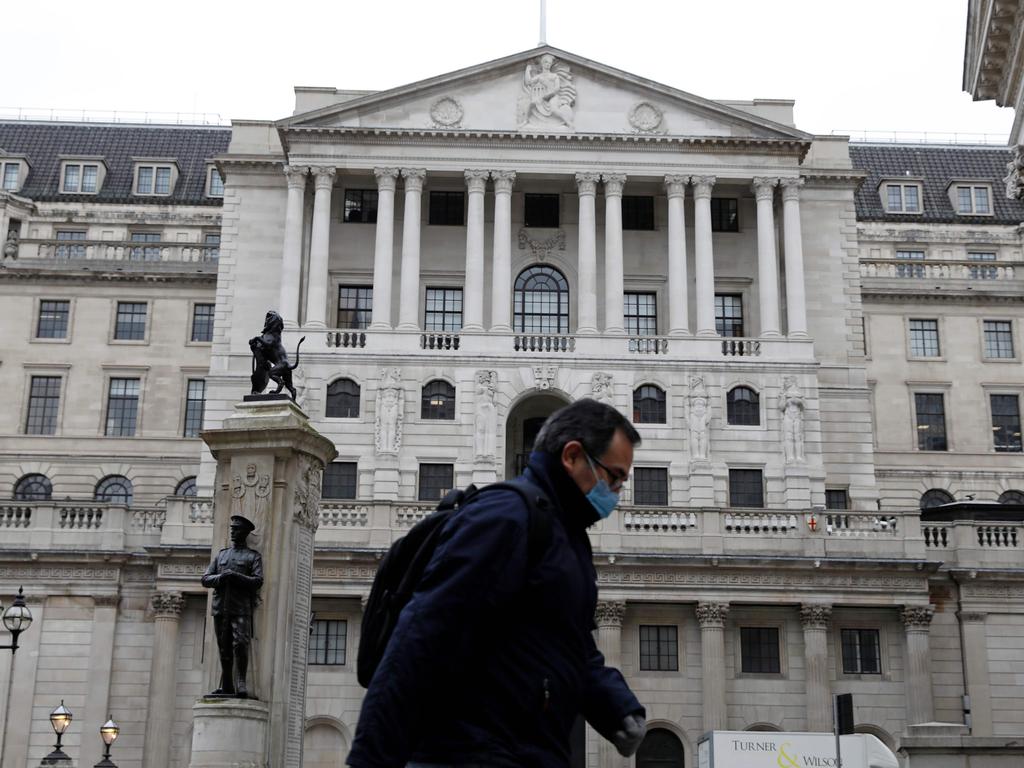
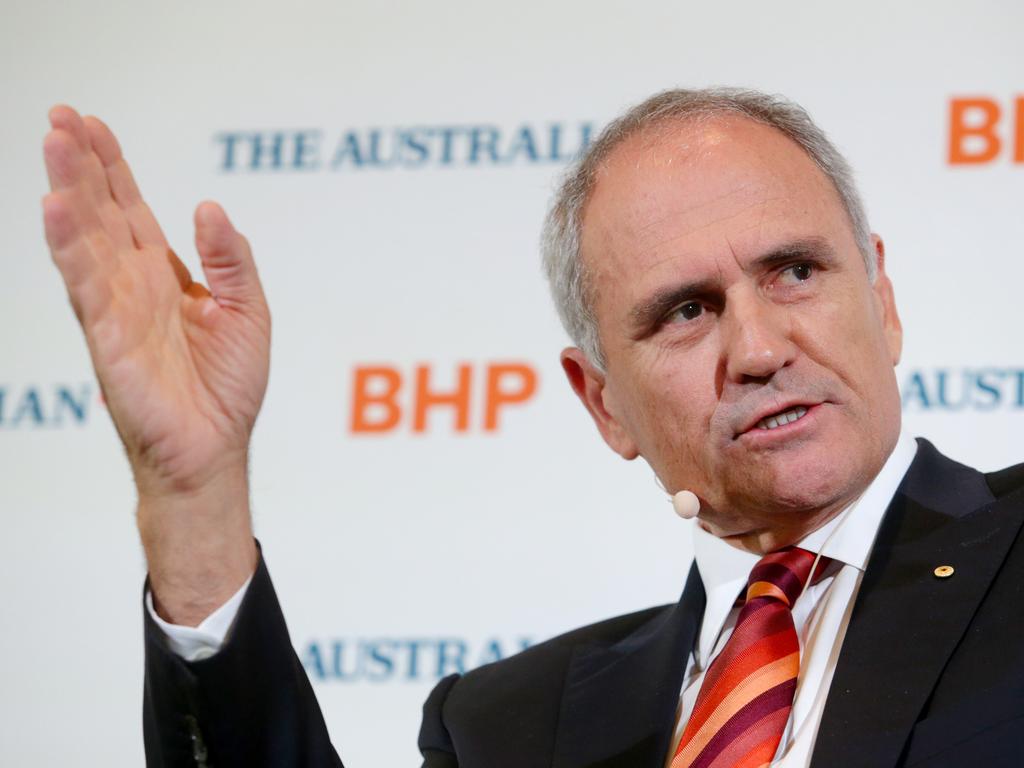
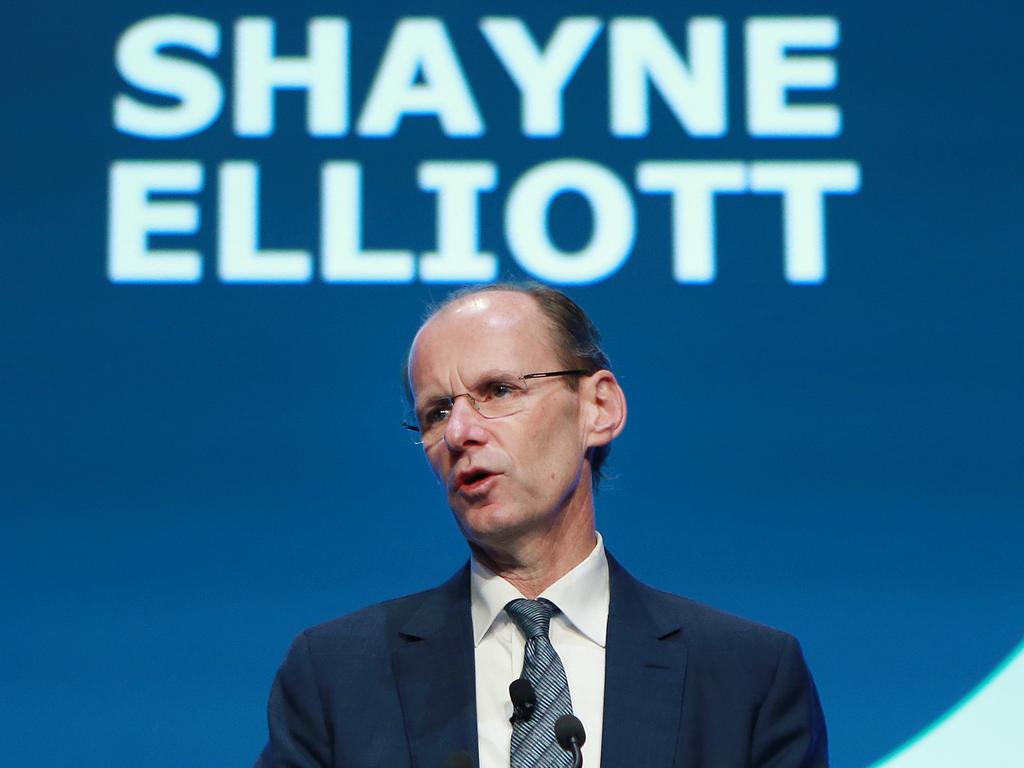
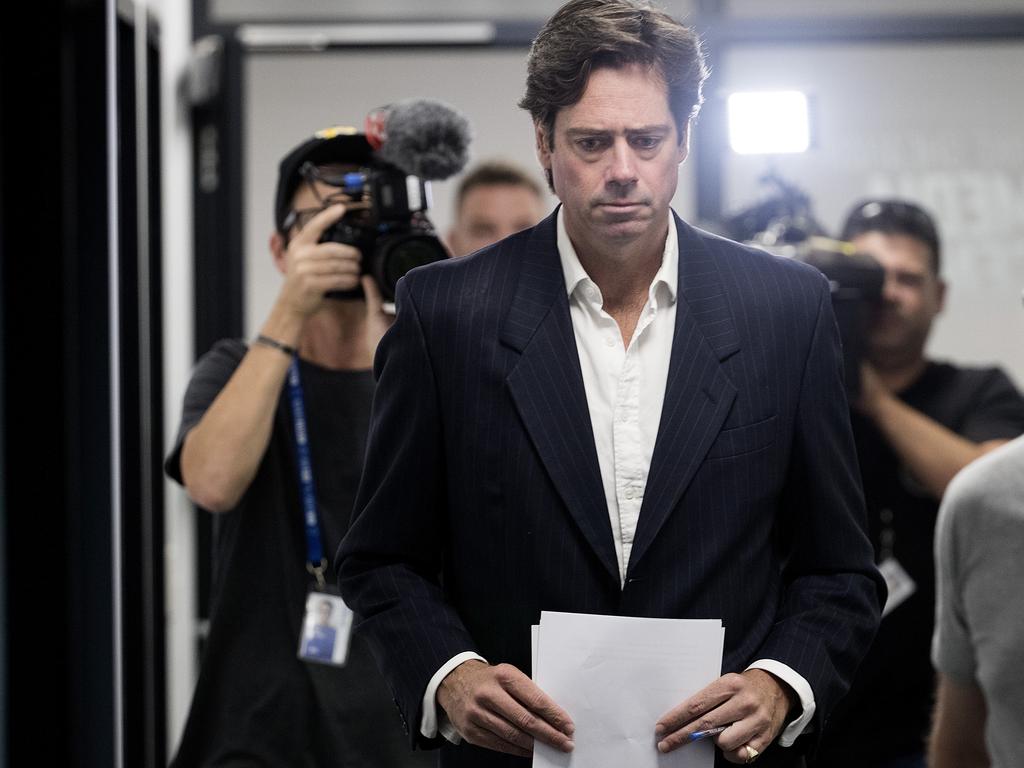

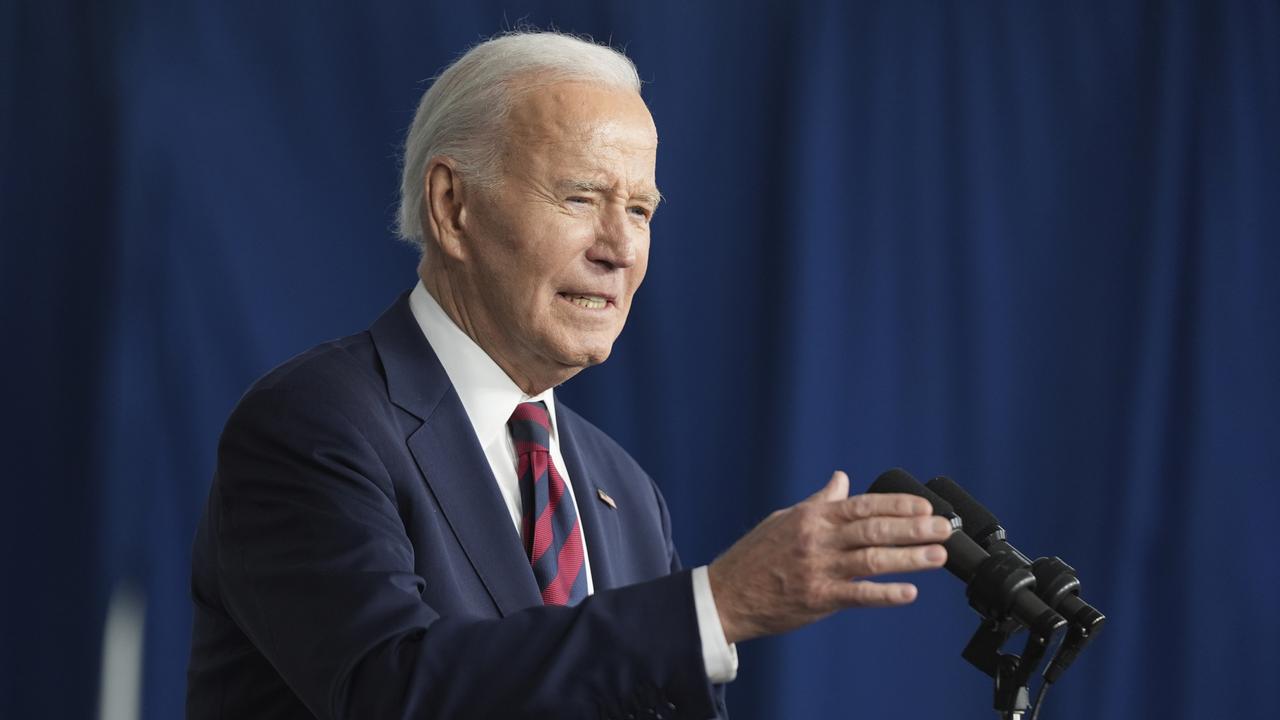
Traffic congestion on our roads now seems like a quaint term from yesteryear.